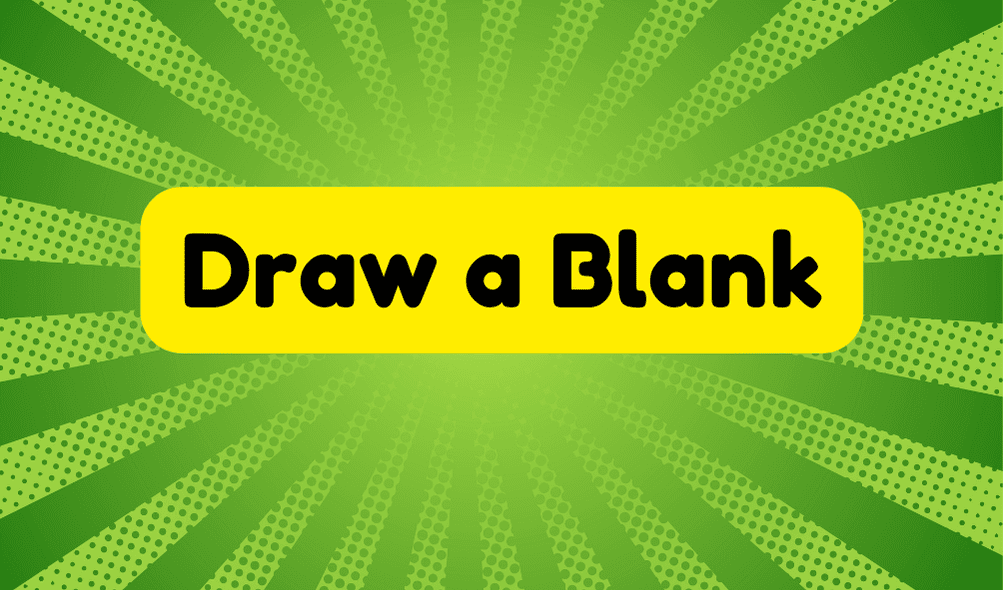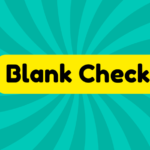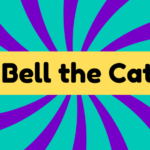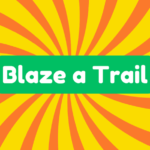"Draw a blank" refers to a situation where a person cannot remember or respond due to stress or cognitive overload. This phrase likely originated in America, suggesting emptiness when under pressure. It has ties to historical accounting practices and continues to be relevant, especially in high-pressure scenarios like interviews and exams. Examples include students forgetting answers during tests or candidates struggling to recall facts. There's much more to explore about this phrase's nuances and implications.
Synonyms
In discussions about the phrase "draw a blank," several synonyms can often provide a clearer understanding of its meaning. These alternatives can shine a light on cognitive overload and performance anxiety, essential elements that contribute to this experience. Importantly, one might consider:
- Forget
- Stumble
- Freeze
- Fail to respond
Each synonym reflects a distinct yet related instance of being mentally momentarily incapacitated. Understanding these terms allows for a deeper exploration of how stressors in various situations may inhibit cognitive function, highlighting the interplay of pressure and mental clarity that can leave one feeling utterly unresponsive.
Example of Sentences
Understanding how to articulate experiences related to "drawing a blank" can provide insights into the pressures individuals face in various situations. The following examples illustrate the phrase usage and its connection to performance anxiety:
- The student faced a moment of panic, as she drew a blank during the vital math exam.
- Even seasoned speakers can draw a blank when the audience's expectations are high.
- A job candidate found himself drawing a blank on questions he had practiced extensively.
- The athlete expressed frustration after drawing a blank during the championship game.
These instances reflect how anxiety can hinder performance, leading to unexpected mental blocks.
Origin
The origin of the phrase "drawing a blank" is speculated to have emerged from America, reflecting a blend of financial and psychological contexts. It evokes a sense of emptiness, linked to a lack of response or information during high-pressure scenarios. This phrase evolution highlights cultural significance in various situations, from interviews to performances, showcasing the weight of expectation.
| Aspect | Interpretation | Context |
|---|---|---|
| Financial Roots | Marked as 'blank' | Accountancy practices |
| Psychological | Mental exhaustion | Performance anxiety |
| Cultural Impact | Shared experience | Everyday interactions |
Collocations
Collocations related to "drawing a blank" reveal the phrase's nuances in various contexts. Understanding these collocations enhances comprehension and application in real-life situations.
- Draw a blank during interviews
- Draw a blank when recalling facts
- Draw a blank on stage
- Draw a blank about a topic
These phrases showcase how the expression functions in different context usage, reflecting moments of uncertainty or mental pause. It's essential for individuals to recognize these variations, as they indicate the phrase's broader implications in communication challenges. Consequently, identifying such collocations fosters a deeper understanding of performance pressures.
How to Use in Everyday Language
In conversations and various professional settings, individuals often find themselves grappling with the phrase "drawing a blank." This expression is particularly relevant during stressful situations, such as job interviews or public speaking engagements, where the pressure to perform can lead to sudden lapses in memory or response. In everyday scenarios, people might express feeling overwhelmed when faced with communication challenges, leading to moments of silence. Recognizing this common experience allows for more empathetic interactions. To navigate these situations effectively, individuals should prioritize preparation and practice, ensuring they are better equipped to manage the pressures that often trigger this unsettling phrase.
Why Is It Still Relevant Today?
Understanding why the phrase "drawing a blank" remains relevant today requires a closer look at the psychological and social pressures individuals face in various situations. In an era of cognitive overload, where information bombards people from all angles, performance anxiety can paralyze their ability to respond effectively. As tasks grow more demanding—like interviews or public speaking—the risk of drawing a blank skyrockets. This phenomenon serves as a stark reminder of human limitations amid escalating expectations. Recognizing these challenges cultivates empathy and promotes strategies to mitigate anxiety, underscoring the importance of preparation in overcoming obstacles that arise in pressure-filled moments.







